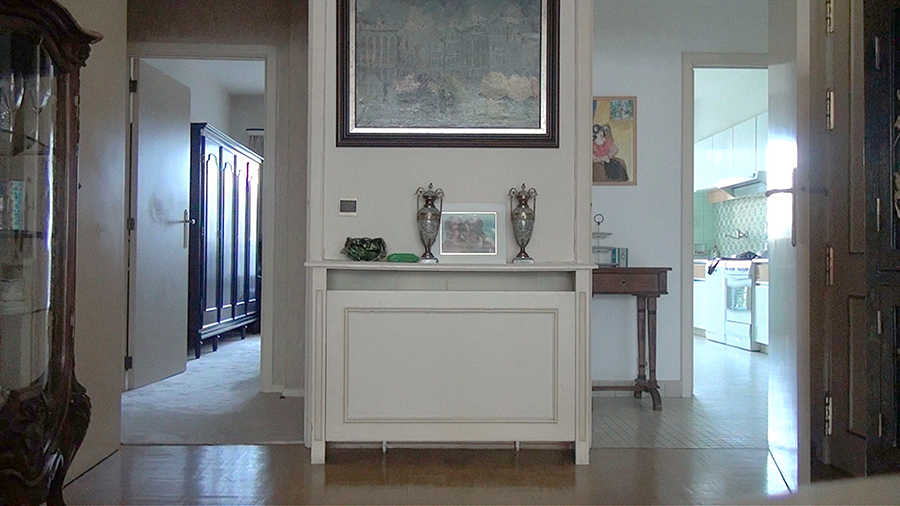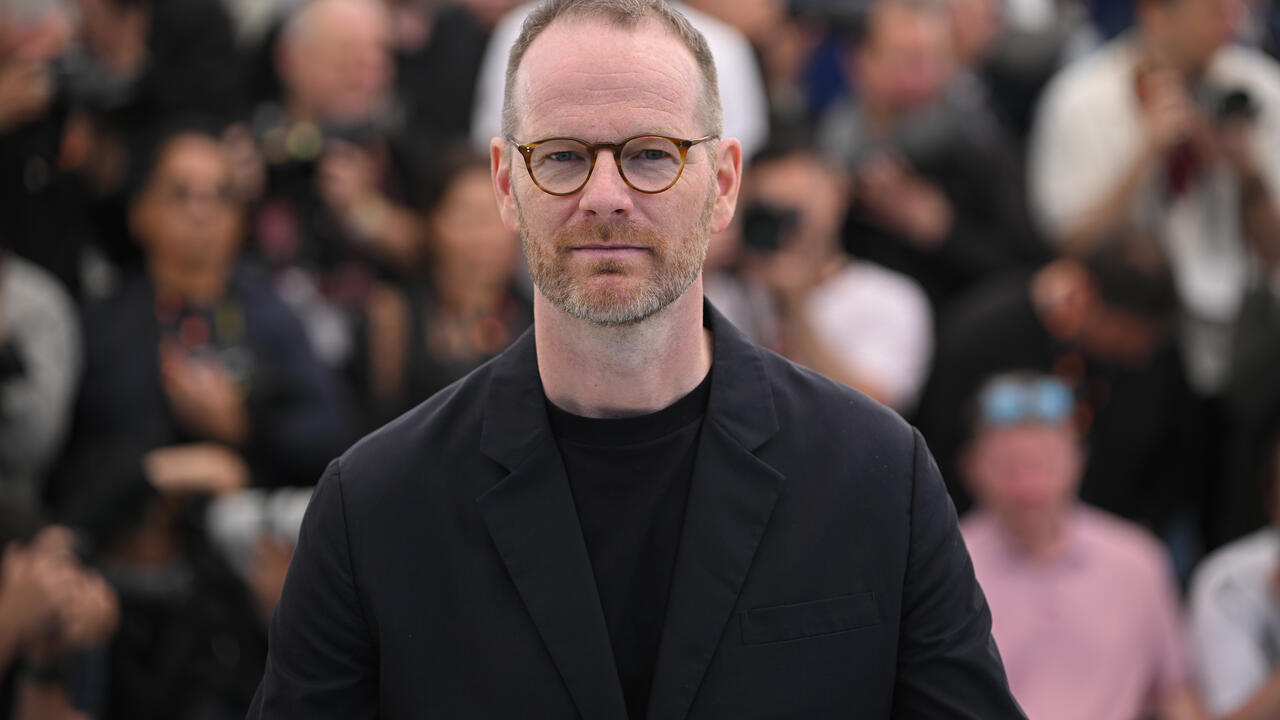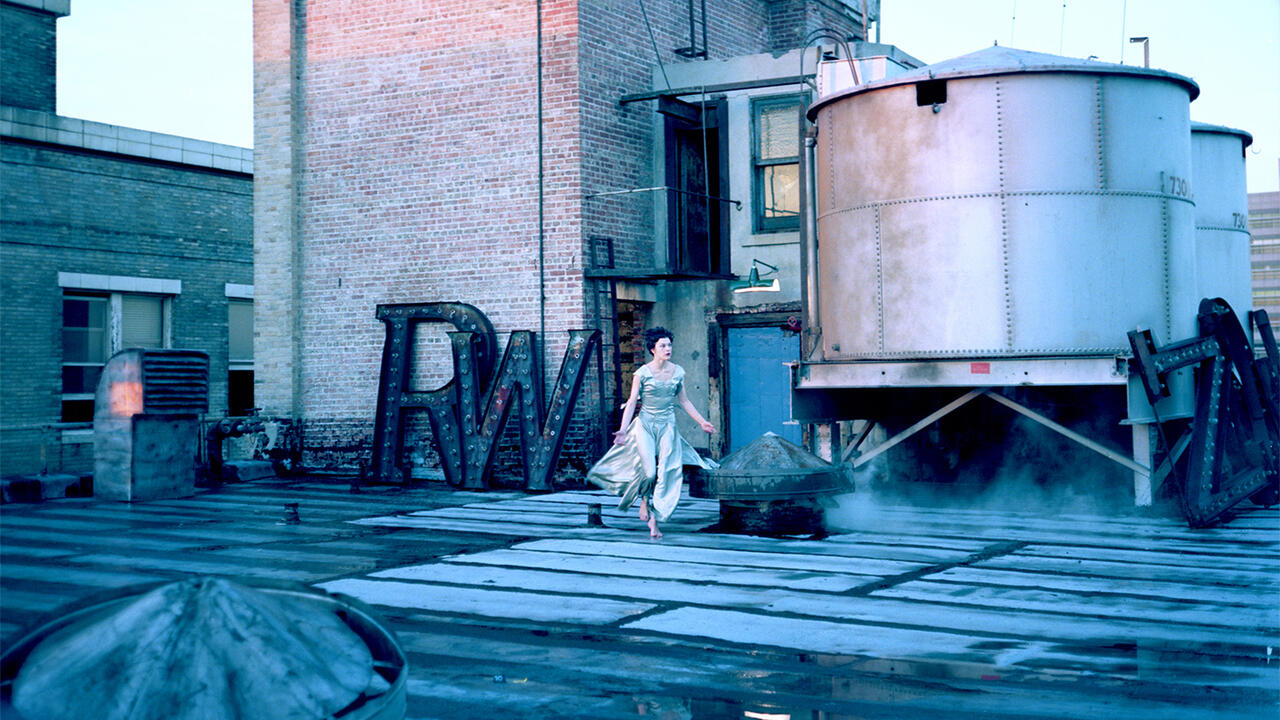The Many Voices of Care in Chantal Akerman’s Last Book
In My Mother Laughs, Akerman’s pain while watching her mother’s health worsen becomes entwined with the shock of heartbreak
In My Mother Laughs, Akerman’s pain while watching her mother’s health worsen becomes entwined with the shock of heartbreak

Just as Chantal Akerman’s films linger on objects and people, her final book My Mother Laughs (2019) – recently published in the US by The Song Cave – lingers on the daily stresses of caretaking for her dying mother and interpersonal family anxieties. Harsh words, the jittery weeks of waiting for a surgery, insomnia, conversations that fizzle into distraction: Akerman goes over such difficult situations repeatedly, not to bring them into clearer focus, but simply to spend more time with these moments, to live with them instead of allowing them to flit by. The book’s English translator, Corina Copp, points out in her afterward that Akerman’s filmic style has become part of a recognizable cinematic language that favours deliberate slowness and attention to the haphazard detail of a specific moment: ‘we’ve been calibrated by her durational camera, its constructed flashes of hypnotic space.’ This effect, in a different key, is produced in writing by recursively turning back to previously narrated anecdotes without analysis or extrapolation so that they come to feel tactile, concrete.

Akerman recalls her mother’s laughter on the opening pages of the book, where she savours the occasional flashes of liveliness and enjoyment despite her decline in health. After that, the periods of connection and happiness, frustration and despair are met with steady determination, and not much laughter. The even-keeled tenacity necessary for the work of home care is reflected in the untheatrical prose. There’s a matter-of-factness, if not a placidity, to the writing, which reports on complex relationships without dramatizing anxiety or disquiet:
One day, no help came because it was Christmas. So I had to wash her myself.
She wasn’t bothered by being naked in front of me either. But I was. She loved that I washed her. Not me.
I did it and anyway that’s it. I didn’t tell her it bothered me and I told myself it shouldn’t bother me. Besides did it bother me so much? In essence no. Just a little.
Even frightening incidents are calmly recounted. At one point, Akerman’s mother ends up in a hospital in Mexico while visiting family and it’s unclear whether she will make it through. Though her prognosis is unclear, and communication with the hospital staff is tricky because of language differences, this episode is rendered with composure; instead of building suspense, Akerman simply comes back to the scene again and again so that it becomes a pivot point – not because it’s sensational, but because it’s a harbinger of challenges to come. It represents a turn towards sustained, everyday care, a daily life reoriented around nursing and guardianship.

At times, Akerman slips into someone else’s voice unannounced; suddenly the point of view has shifted to her mother or sister. These ventriloquisms are infrequent and a bit disorienting, but they don’t break the tone. The other voices are continuous with Akerman’s prose, or vice versa. The rare instances of dialogue are rendered with almost neutral dispassion, even when the conversations are fraught, as in this exchange between the author and her sister:
It’d be better for you to take it easy. And then you would worry less. You worry too much. No I don’t. Yes you do, I can tell. You also worry too much. Yes, sometimes but not like you. When you worry it quickly becomes serious and dangerous for you. And I’m not always there and then when I say something you don’t listen. You say it’s not a big deal, it’ll pass. It does pass, that’s true.
In her extraordinary last film, No Home Movie (2015), Akerman documents conversations with her mother, their interactions around the house and chats on Skype in the last months of her life. A subtext in both the film and My Mother Laughs is her mother’s life as a Holocaust survivor, a topic she only mentions in passing. But the occasional brief references to the camps resonate throughout both works, implying a wider history buried in the domestic scenes, and a sense that the comforts of home are contingent – made shaky by the traumas of the past.

In a very different parallel storyline, Akerman spends much of the second half of the book working through a claustrophobic relationship and a bad break-up. The pain of watching her mother’s health worsen becomes entwined with the shock of heartbreak. But neither the brief allusions to her mother’s past nor the play-by-play of a relationship’s end serve to heighten the tension of the book: for Akerman, watching her mother age and decline is a slow and prosaic process. It’s not dramatic, it’s not exciting. My Mother Laughs lingers on the dailiness of that experience – representing the depth of a love, and a life, by quietly replaying both good and bad moments repeatedly, insistently, movingly.
Main image: Chantal Akerman, No Home Movie, 2015, video still. Courtesy: Icarus Films





















